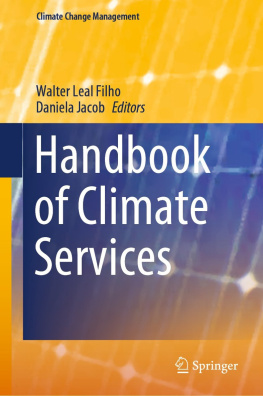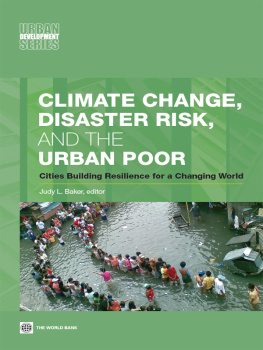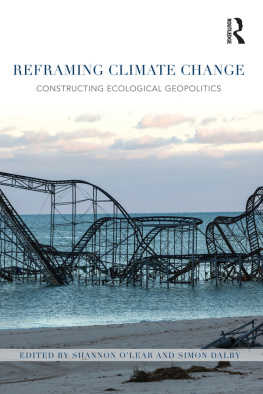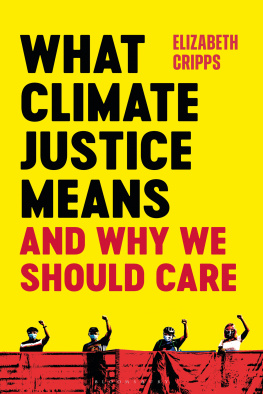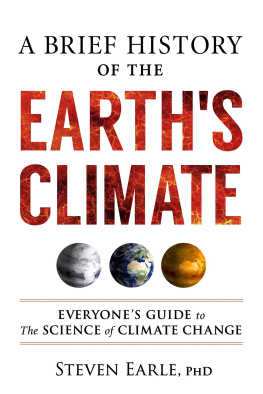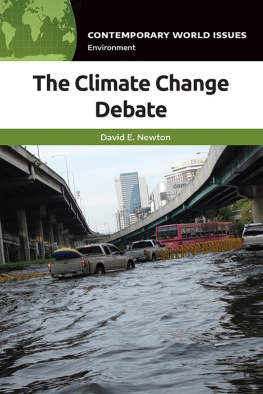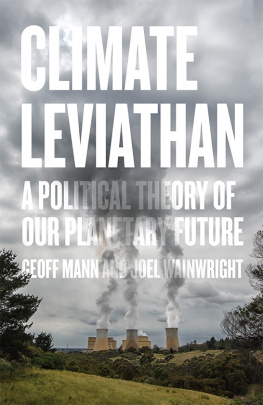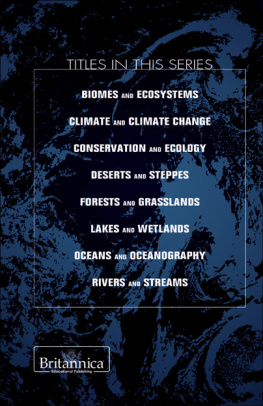10. Evaluation of Climate Services: Enabling Users to Assess the Quality of Multi-model Climate Projections and Derived Products
The core of climate services is to provide high quality climate-related information and data that are beneficial for the users. Between the provision of data and the application of climate services, a chain of providers and subsequent users exists. It is an ongoing challenge for providers to conclusively define what users perceive as beneficial regarding the quality of climate model output. This study aims (1) to understand the needs of users with regard to the quality of climate data and information, and (2) to enable providers to assess the quality of climate data input and derived products. From a large-scale survey, we distilled three main user groups: (i) Donna data (data user/product provider), (ii) Pete product (product user/product provider) and (iii) Nick non (potential-user). The survey results show that all three user groups struggleamongst other thingswith identifying reliable climate model output, that is relevant to their needs. They also desire guidance on how to evaluate the quality of climate model data to determine the suitability of the selected dataset for their purpose. Addressing this central need is breaking new ground. The evaluation of quality in the field of climate services in terms of climate model output is of high relevance to both climate model data users and providers of tailored climate information and not restricted to scientific standards and technical quality. We present a customized and tested tool (QUACK) as one of the first hands-on, scientifically-based and at the same time user-oriented guidelines on how to assure data quality and to self-evaluate the processing of the data.
Introduction
Climate change and the related impacts and consequences are more relevant today than ever. One example is the youth movement Fridays for Future which is demanding radical actions from decision makers in politics, administration and business. The pressure to incorporate the repercussions of every decision on our climate is immense. At the same time, decision makers are realizing that they are facing extraordinary risks and challenges due to the change in climate we are already seeing today and that we have to expect in the near future, caused by greenhouse gas emissions that have already been emitted. As a consequence, the demand for climate change data and information is high, because they can support the analysis of current and future vulnerabilities with regards to climate change for different topics and sectors. In order to assess the impact of climate change in a meaningful way, so that decisions can be based on this assessment, it is of utmost importance to have access to high-quality climate data and information. If the climate data used in climate impact assessment studies have quality issues, a consequence may be misleading and erroneous results (Hunziker et al. ). The quality of climate data and information is therefore crucial to make sound decisions.
Quality, however, is a very vague term. Everyone has a unique perspective of what high-quality means for them. The term quality can be defined in various ways, depending on the target audience (providers, users of climate services, and potential user groups). The Environmental Protection Agency (EPA) defines quality in terms of user/service-orientation: the totality of features and characteristics of a product or service that bears on its ability to meet the stated or implied needs and expectations of the user (EPA ). The Spatial Data Transfer Standard (SDTS) defined quality focusing on technical and scientific requirements. They suggested five categories of quality for spatial data: lineage, positional accuracy, attribute accuracy, logical consistency, and completeness. Information about the quality of spatial data provides a basis for decisions on the appropriateness of data for specific applications.
Quality assurance is a matter of concern for both the climate model data users and providers, because it is not an easy task. The National Weather Services and research projects have used different approaches, but the quality of the data cannot be ensured as there is a lack of a generally accepted methodology for quality assurance (tepnek et al. ). Climate data providers may have given detailed information on the characteristics of data, but it is a challenge for the users to assess the level of data quality and its suitability for a specific purpose they want to achieve. Here, climate services can significantly support the users and providers and can play the role of a beacon shining a guiding light on scientifically sound, high-quality climate information.
Climate services can be described as the transformation of climate-related datatogether with other relevant informationinto customised products such as projections, forecasts, information, trends, economic analysis, assessments (including technology assessment), counselling on best practices, development and evaluation of solutions and any other service in relation to climate that may be of use for the society at large. (EC ). Moreover, climate services play a critical role in national development planning, managing development opportunities and risks, and in mitigating or adapting to changes in climate. To provide authoritative information to all of these areas it is necessary to develop the best possible understanding of the quality of climate data and derived products.
There exist various types of climate services (see EC ). In this new emerging and growing climate services landscape, different players are active. The Climate Service Center Germany (GERICS) functions as a think tank for climate services to meet the range of climate-related information that decision-makers need in support of adapt to climate change impacts. GERICS develops prototype products in the area of climate services and works in close cooperation with science and practice partners from politics, economy, and administration. Besides this primarily user-centric and -tailored approach, there are national to European-scale services that aim to provide consistent information about climate change for larger user groups. The Copernicus Climate Change Service (C3S)initiated by the European Commissionaims to support adaptation and mitigation policies of the European Union. The C3S is implemented by the European Centre for Medium-Range Weather Forecasts (ECMWF) on behalf of the European Commission. The majority of C3S service elements are implemented by about 200 companies and organizations across Europe, which are selected based on competitive Invitations To Tender. The backbone of the C3S is an online Climate Data Store (CDS) with a wide range of quality-assured climate datasets about the past, present, and future climate.
The core of all activities in the climate service landscape is to steer the development of climate services in the direction of usefulness and usability to ensure high quality in them. Therefore, it is crucial to analyze and understand the needs that the users/providers of climate information have. In this particular case, we would like to present a way of analyzing the results of a survey that was directed at understanding the users and providers needs regarding quality assurance and evaluation of climate data. The aim of the survey was to recognize what the users perceive as beneficial for their work regarding the quality of such climate data or information derived from it. The survey targeted climate model data users/providers such as climate scientists, impact researchers, climate service purveyors, and societal end users (public administrations, businesses, and individuals). The survey was conducted by GERICS in the frame of the C3S contract C3S_51_Lot4_FMIData Evaluation for Climate Models (DECM), which was coordinated by the Finnish Meteorological Institute (FMI). GERICS in its function as a subcontractor led the survey activities.

